Food Habit Of a Rabbit
Keeping a pet rabbit healthy involves providing a balanced and appropriate diet. Here are some key points to consider for feeding a rabbit in your home:
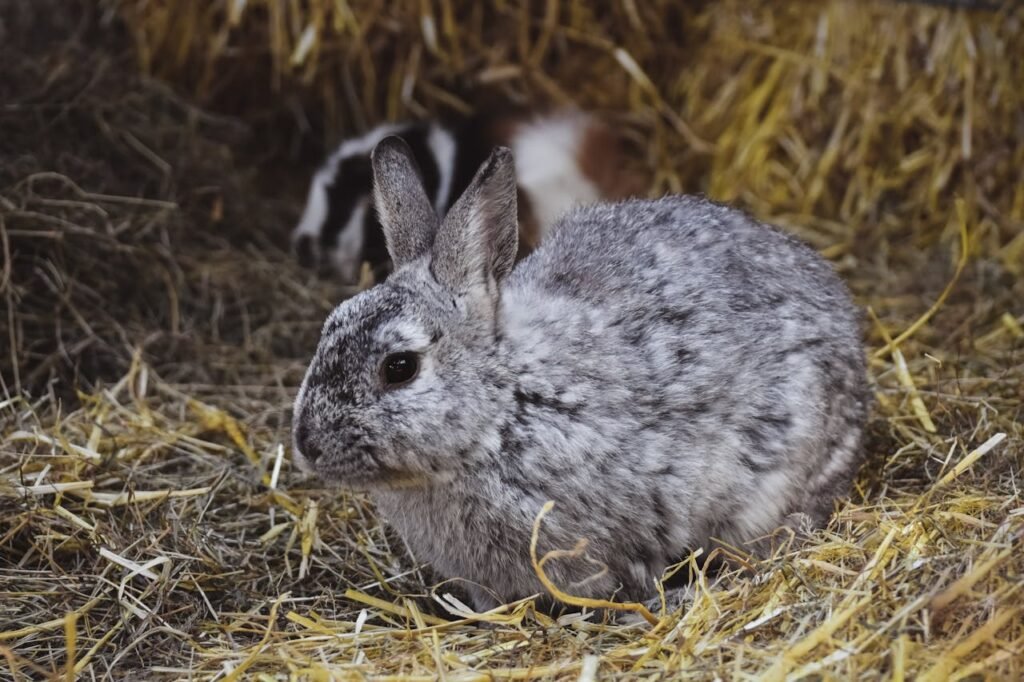
1. Hay
Types: Timothy hay, meadow hay, and orchard grass are good options. Avoid alfalfa hay for adults, as it’s too rich in calcium.
Primary Diet: Hay should make up the majority of your rabbit’s diet (around 80-90%). It provides essential fiber for proper digestion and dental health.
2. Fresh Vegetables
Portion: Around 1-2 cups of fresh vegetables per 5 pounds of body weight daily. Introduce new veggies gradually to monitor for any digestive issues.
Variety: Offer a variety of leafy greens and vegetables. Examples include romaine lettuce, kale, spinach, parsley, cilantro, and bell peppers.
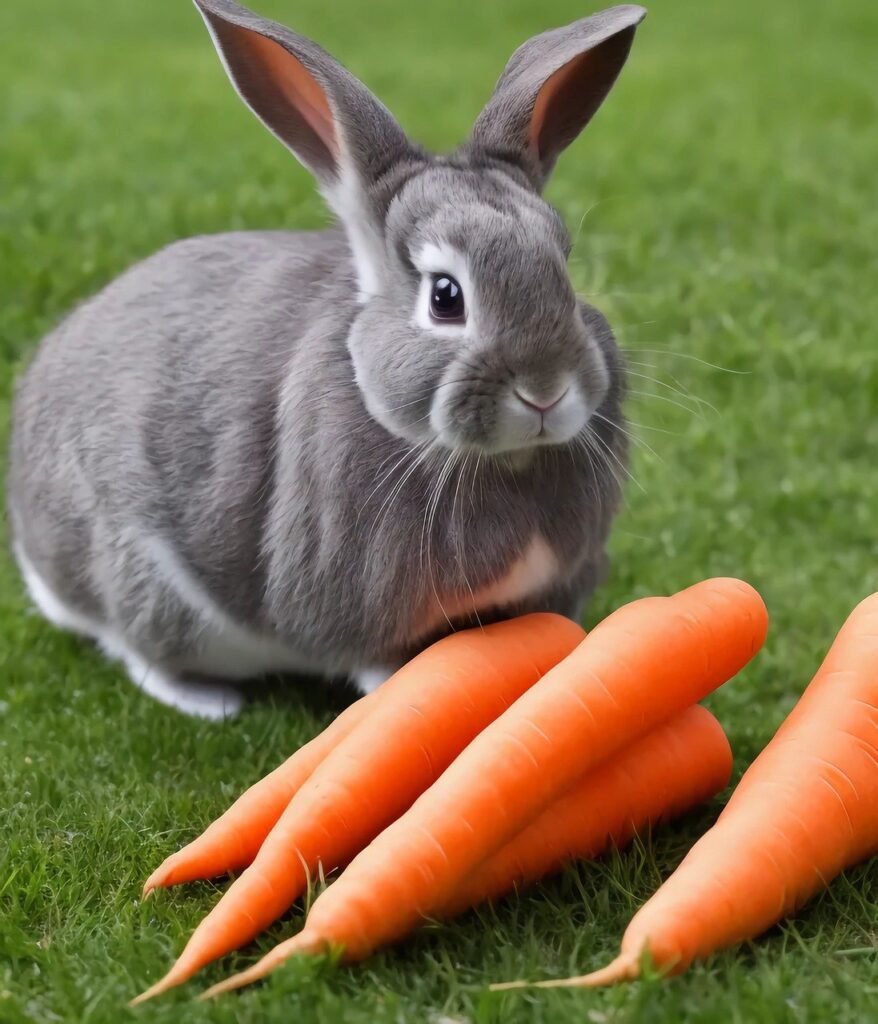
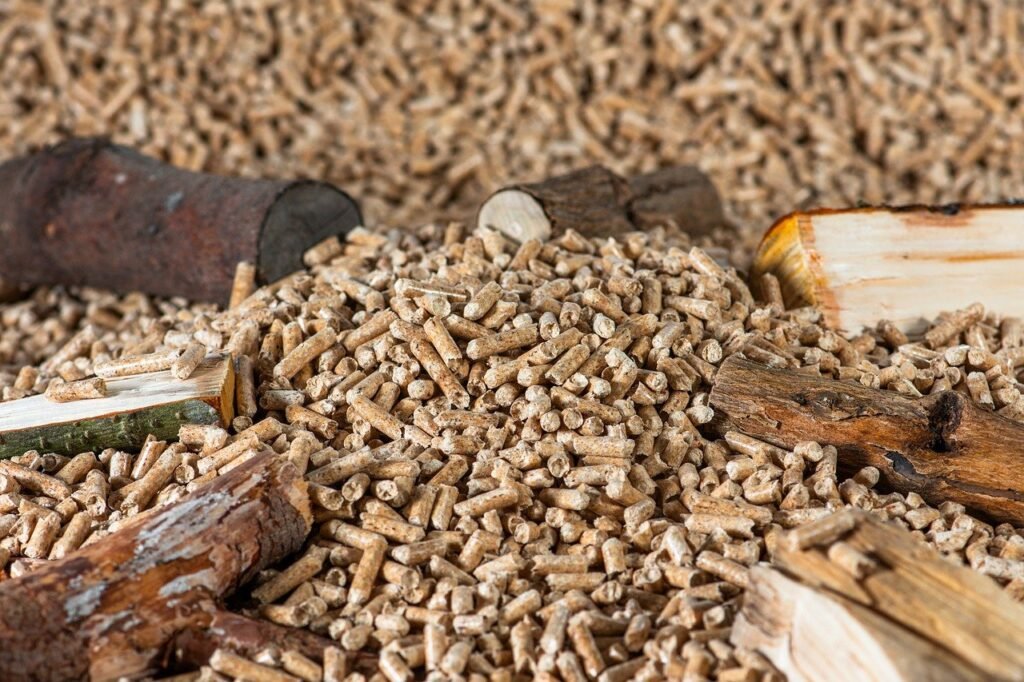
3. Pellets
Age Consideration: Younger rabbits may need alfalfa-based pellets, while adults should have timothy or other high-fiber pellets.
Selection: Choose high-fiber pellets (about 1/4 cup per 5 pounds of body weight) with no added sugars or seeds.
4. Fresh Water
Availability: Always provide fresh, clean water. Change the water daily to keep it free of contaminants.
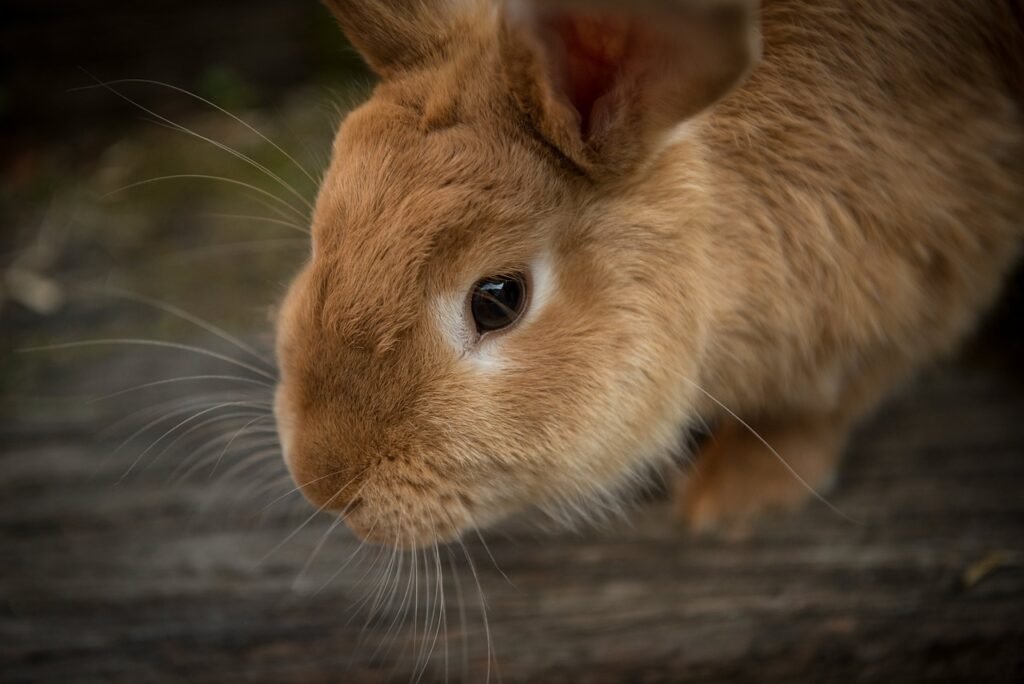
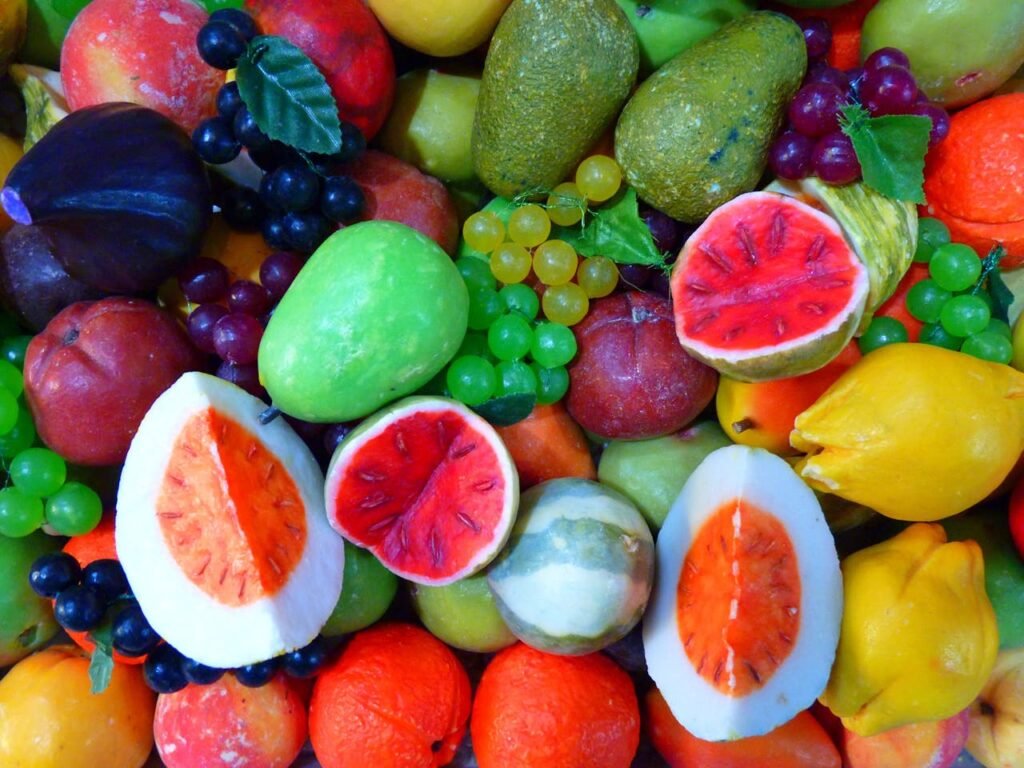
5. Fruits
Portion Control: Limit fruits to a small piece or a few small pieces per day.
Treats: Fruits should be given in small amounts due to their sugar content. Safe options include apples (without seeds), strawberries, and bananas.
6. Avoid
Treats: Be cautious with commercial rabbit treats, as they often contain sugars and other additives that are not healthy for rabbits.
Unsafe Foods: Avoid giving rabbits iceberg lettuce, potatoes, onions, or foods high in starch and sugar.
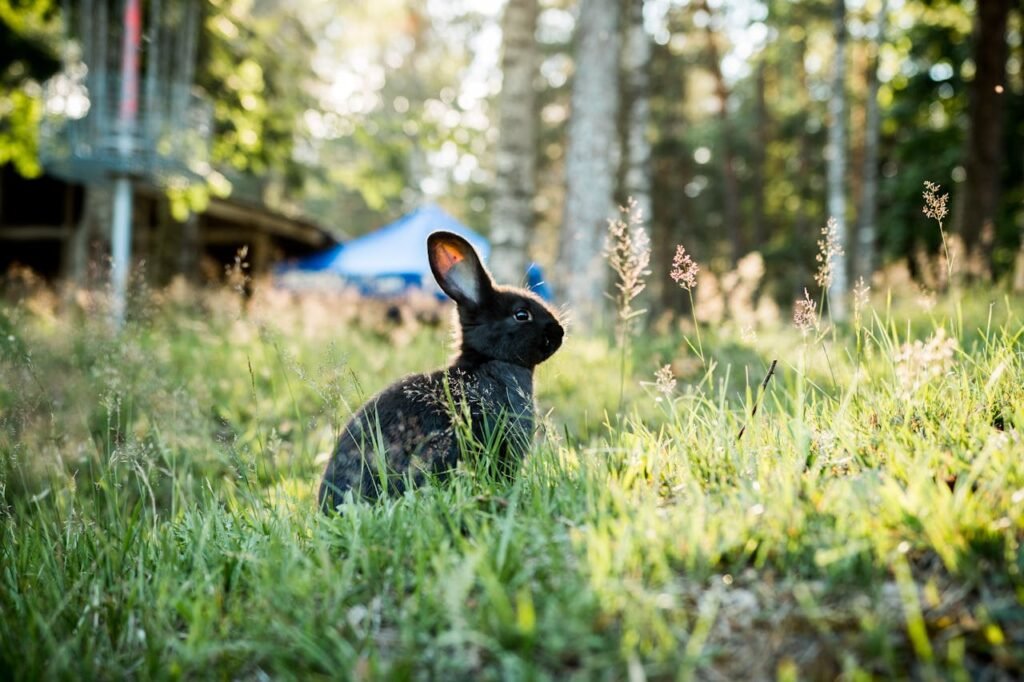
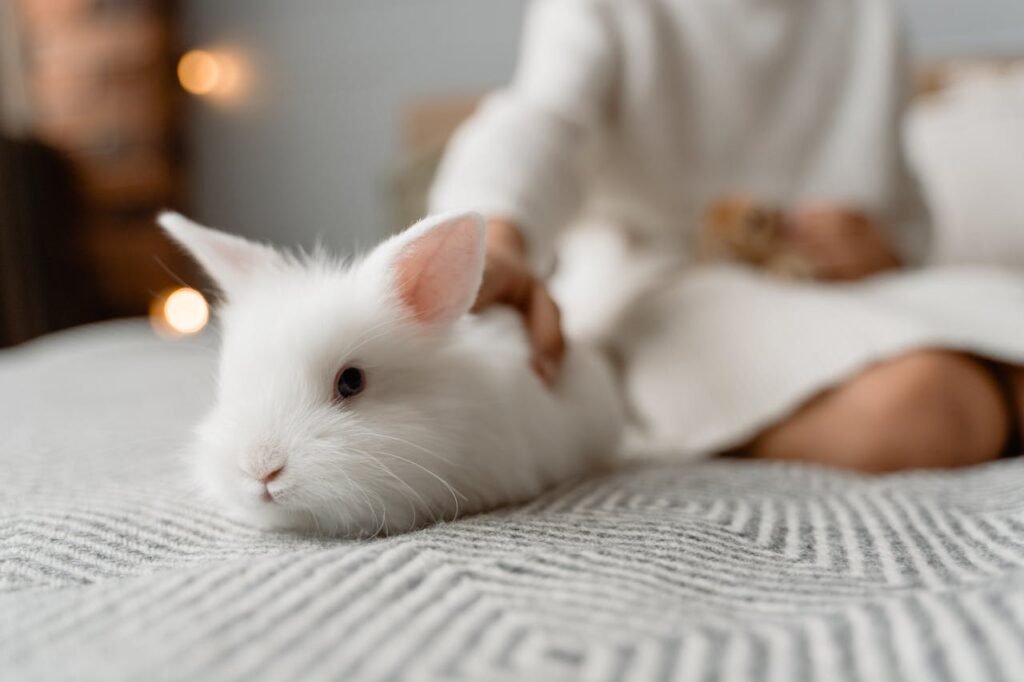
7. Monitoring Health
Veterinary Care: Regular check-ups with a vet experienced in rabbit care are essential.
Changes: Pay attention to changes in your rabbit’s appetite, weight, or droppings, as these can indicate health issues.
